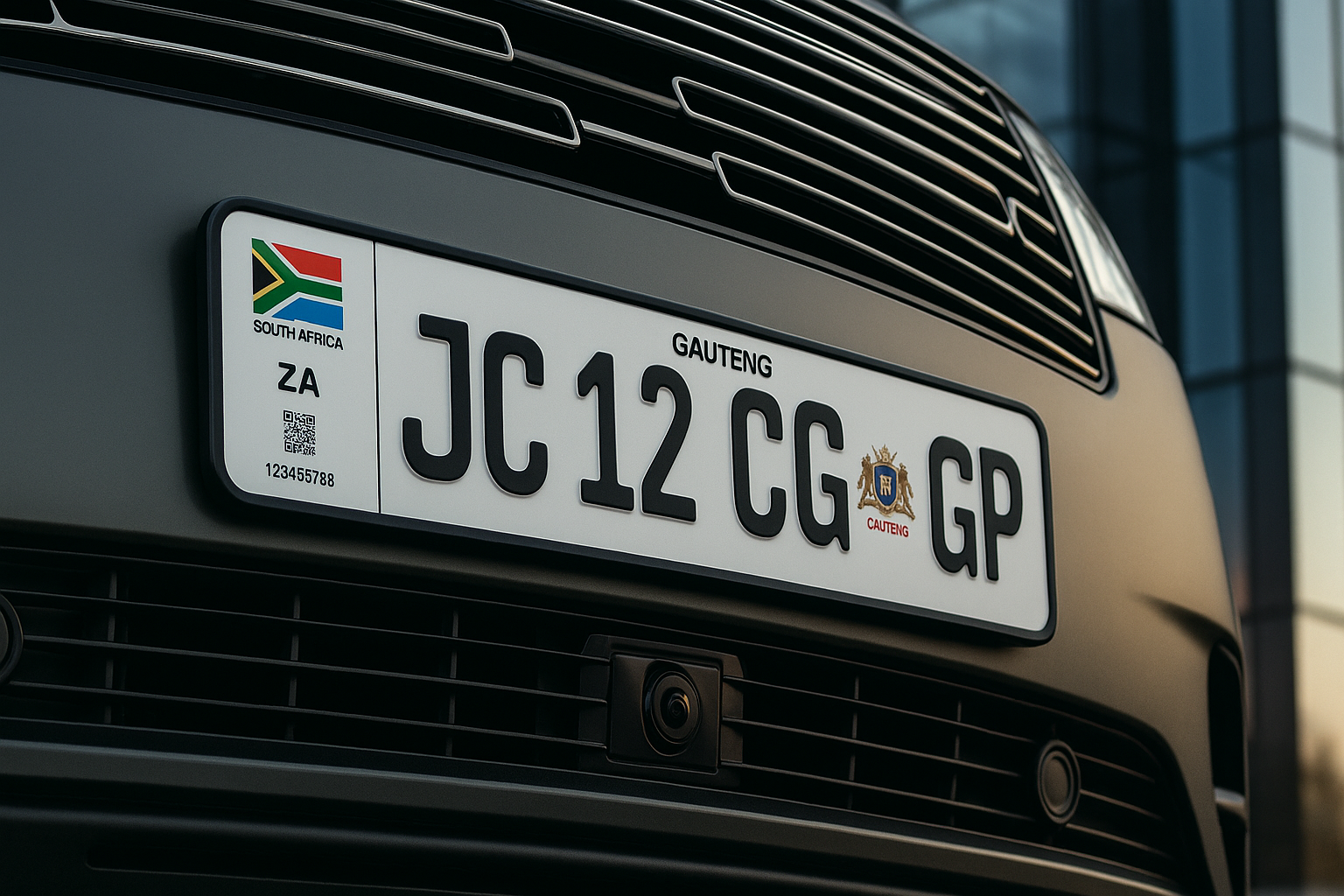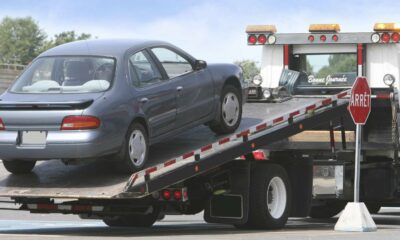Tech
A Plate Change is Coming: What You Need to Know About South Africa’s New Number Plates

Get ready for a change you’ll see on every road in the country. South African motorists are being alerted about a major overhaul of the national vehicle number plate system, a move that will eventually require every car owner to fit their vehicle with a new, standardized plate.
The initiative, driven by the Road Traffic Management Corporation (RTMC), aims to replace the current patchwork of provincial designs with a single, unified national standard. The primary goal is to enhance security and modernize a system that has become vulnerable to fraud and cloning.
Cracking Down on Crime and Cloning
The push for new plates is fundamentally about security. The current system, with its varying designs and often outdated security features, is relatively easy for criminals to exploit. Fraudulent number plates are a key tool in vehicle cloning, where a stolen car is given the identity of a legally registered one, making it extremely difficult for law enforcement to track.
The new plates are expected to incorporate advanced, hard-to-replicate security features. These could include holograms, QR codes, micro-text, and non-replicable materials, similar to modern banknotes. This would make it much harder for criminals to produce convincing fakes, aiding police in identifying stolen vehicles and solving crimes.
The Inevitable Cost and Inconvenience
For the average motorist, the transition will come with a cost. While the exact pricing hasn’t been finalized, owners will be responsible for paying for the new plates when the time comes, likely during a vehicle’s next license disc renewal cycle.
There will also be an administrative and time burden as millions of vehicle owners visit licensing departments to comply with the new regulations. However, authorities hope the long-term benefit of reduced vehicle crime and a more efficient national database will outweigh the short-term inconvenience.
A Phased National Rollout
The change won’t happen overnight. The implementation is expected to be a phased process, likely rolled out province by province or tied to vehicle license renewals. This will help manage the massive logistical operation and prevent a bottleneck at testing stations and licensing departments.
While an official start date is still on the horizon, the warning is clear: a nationwide plate replacement is coming. For South African drivers, it’s a heads-up to budget for this future expense and prepare for a small but significant step toward a more secure and unified traffic system.
{Source: MyBoardband}
Follow Joburg ETC on Facebook, Twitter , TikTok and Instagram
For more News in Johannesburg, visit joburgetc.com



























